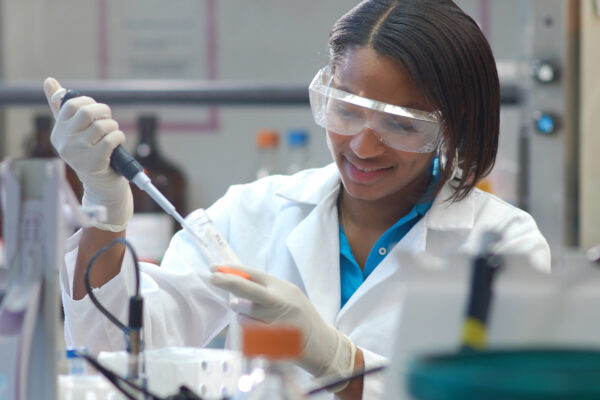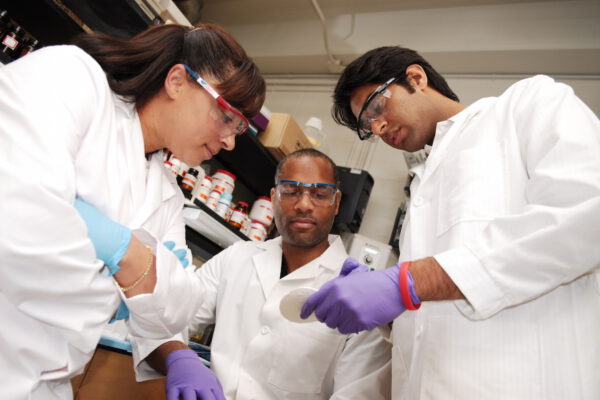Florida Agricultural and Mechanical University (FAMU) has launched an initiative to improve the campus climate for women faculty in STEM and social and behavioral science (SBS) fields. The initiative is funded by the National Science Foundation as part of its ADVANCE program, which seeks to promote equity for STEM faculty through evidence-based systemic change strategies.
FAMU’s initiative is called the FAMU ADVANCE Institutional Transformation Initiative and is led by Marcia Allen Owens, associate professor of environmental science and policy and director of the newly created Center for Faculty ADVANCEment. Twenty women STEM and SBS faculty will be selected as fellows and will receive mentorship and development opportunities over the course of five years.

The program aims to impact how Historically Black Colleges and Universities address gender disparities in faculty success. Owens told Diverse: Issues In Higher Education, “As the only Black woman and the first to earn tenure in Environmental Sciences at a large HBCU, I wondered why so few of us were faculty when most of our students were Black women. The NSF ADVANCE grant stood out as one that would help me to use research to find answers to my questions.”
The faculty at FAMU is more diverse than the national average, according to the initiative’s news release. However, although half of women faculty hold the rank of instructor, only 16.9 percent are full professors.
“The focus of the Institutional Transformation projects is not to help women survive the system,” Owens said. “The goal is to examine and address aspects of the system’s embedded culture, policies, and practices that impede the hiring, retention, and promotion of women STEM/SBS faculty at FAMU. A friend told me a while ago that trailblazers don’t have mentors. This project seeks to remedy that by creating a formal mentoring system for women in STEM/SBS.”
—Carly O’Connell
At a Glance
Member Institution: Florida Agricultural and Mechanical University
Initiative: FAMU ADVANCE Institutional Transformation Initiative
Goal: Transform the institutional climate, culture, policy and practices so that women faculty in science, technology, engineering, mathematics and in the social and behavioral sciences, will join, evolve, and excel as valued and productive members of the FAMU faculty.
Become a member: As a member of ACE, you join more than 1,700 organizations that collectively promote, protect and advocate for students, faculty and administrators in higher education. ACE is the most visible and influential higher education association in the nation, and we are at the center of federal policy debates concerning legislation that affects campuses across the country. See more on the ACE website.
If you have any questions or comments about this blog post, please contact us.


